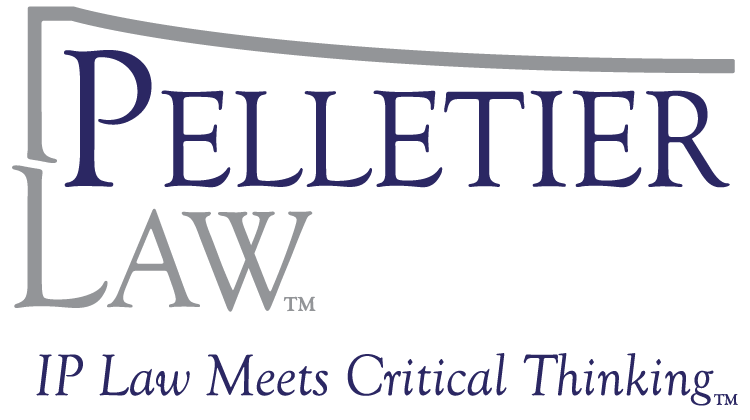U.S. Supreme Court Patent Scorecard
Patents and trade secrets can be alternative or complementary intellectual property (IP) assets. Each asset provides unique opportunities and unique obstacles.
The decision to pursue patent protection, trade secret protection or both depends on a number of factors, not the least of which is appreciating the current legal landscape.
A big, if not the biggest, part of that landscape is the U.S. Supreme Court and, in particular, its recent patent cases. In the past decade (i.e., from 2005-14), the Supreme Court has decided twenty-one patent-related cases that are worth considering when making an informed decision about patents, trade secrets or both. Those 21 cases include: Ebay, Medimmune, Microsoft, KSR, i4i, Prometheus, Bowman, Myriad, Limelight and Alice Corp. Of those 21 cases, 4 are pro-patent, 3 are neutral and 14 are not pro-patent.
The Supreme Court’s trend against, or to narrow, patent rights is unmistakable. From an IP planning standpoint, that trend underscores the need to focus on three key areas: (1) accurately identifying the subject matter that is being or has been developed, (2) clearly writing patent applications, including the claims, and (3) conscientiously accounting for trade secrets.
If you would like a copy of the complete U.S. Supreme Court Patent Scorecard (2005-14), then please send us an e-mail and we will send you a copy.

Leave a Reply